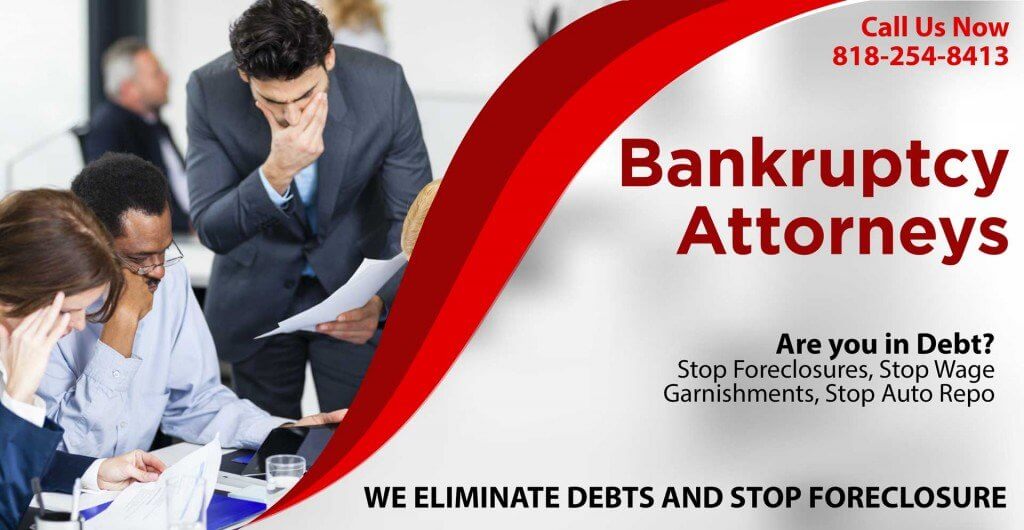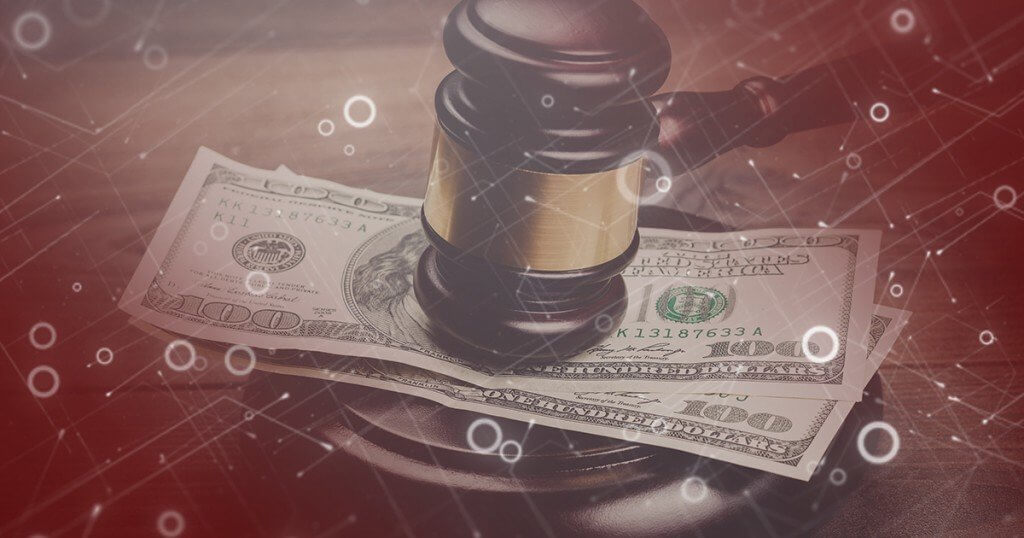
If you are having a hard time keeping up with payments, especially during a global crisis like the Coronavirus (COVID-19) in 2020, you might be asking, “Is it better to file a chapter 7 or 13?” The answer really depends on your situation, but the general rule is that:
- Chapter 7 bankruptcy is for people with limited income that is not sufficient enough to fully or partially pay back their debt
- Chapter 13 bankruptcy is for those who do have enough income to pay their debt through a reorganization plan
If you don’t want to waste time online to perfectly understand which bankruptcy chapter is better for you, give us a call. Our Los Angeles bankruptcy attorneys can answer whatever questions you have and give you legal advice for your situation. Don’t worry, the consultation is free!

What is Chapter 13 and Chapter 7?
Chapter 13 and Chapter 7 bankruptcy both offer different types of relief for individuals. Each aims to help individuals with difficulty paying their debt, but there are key differences between the two and the advantages they both offer that benefit people in different situations.
Advantages of Chapter 13 Bankruptcy
One of the more significant advantages of chapter 13, also known as a “wage earner’s plan,” is that it allows you to save your homes from foreclosure. When you file Chapter 13 bankruptcy, it stops the foreclosure proceedings immediately. While the foreclosure process is paused, you still must make some payments towards the mortgage through a payment plan created from chapter 13.
The Chapter 13 payment plan, typically called a “repayment plan,” is a plan designed that allows you to repay your debts over a 3 to 5 year period. The payments that you must make from this plan are typically lower than the one you used to make which gives you a more breathing room for your financial life.
When you file chapter 13 bankruptcy, your creditors must stop all collection attempts. If a creditor makes any further attempts to collect your debt by either harassing you on the phone or in-person can violate the Federal Debt Collection Practices Act (FDCPA) and you can file a lawsuit against the creditor.
Advantages of Chapter 7 Bankruptcy
One of the more known advantages of chapter 7 is that it can discharge most of your debts. The amount of debt that can be discharged depends on your remaining debt after liquidation. The debts that can not be discharged are certain taxes, child support, student loans (excluding certain exceptions), court fines, and etc. In the liquidation phase of chapter 7 bankruptcy, the bankruptcy trustee would determine which of your assets are nonexempt and eligible to be liquidated.
Exempt properties are properties that you would need to maintain his or her standards of living. Examples of exempt properties are your home, car, and personal belongings. Exempt properties are not eligible for liquidation and are retained by the debtor.
Non-exempt properties are properties that are not necessary for the debtor’s standards of living. Examples include TVs, jewelry, valuable objects (i.e. a piece of art), and secondary properties that are not your home. Our chapter 7 bankruptcy attorney can discuss these more in detail on the phone.
Similar to chapter 13 bankruptcy, filing chapter 7 also stops creditors from making collection attempts. Any attempts to collect your debt once you have filed chapter 7 bankruptcy can be a violation of the FDCPA which can be pursued with a lawsuit. Speak with an experienced FDCPA attorney to discuss your situation if creditors are trying to collect your debt when you have filed bankruptcy.
Is It Better to File a Chapter 7 or 13 for My Situation?
Now that you have learned about the advantages of chapter 7 and chapter 13 bankruptcy, you should have a better idea of which bankruptcy chapter would be better for your situation. While you may have a better understanding of bankruptcy, it may still be difficult to know for sure which bankruptcy would benefit you more. If this is the case, speaking with an experienced bankruptcy attorney can help you make the right decision.
Our Los Angeles bankruptcy attorneys are well-versed in chapter 7 and chapter 13 bankruptcy and can help you figure out which bankruptcy chapter will be more helpful. If you do decide to file bankruptcy, we will help you every step along the way so the process goes smoothly with the least amount of stress and worry.
Call us today for a free consultation with an experienced bankruptcy attorney to discuss bankruptcy.












